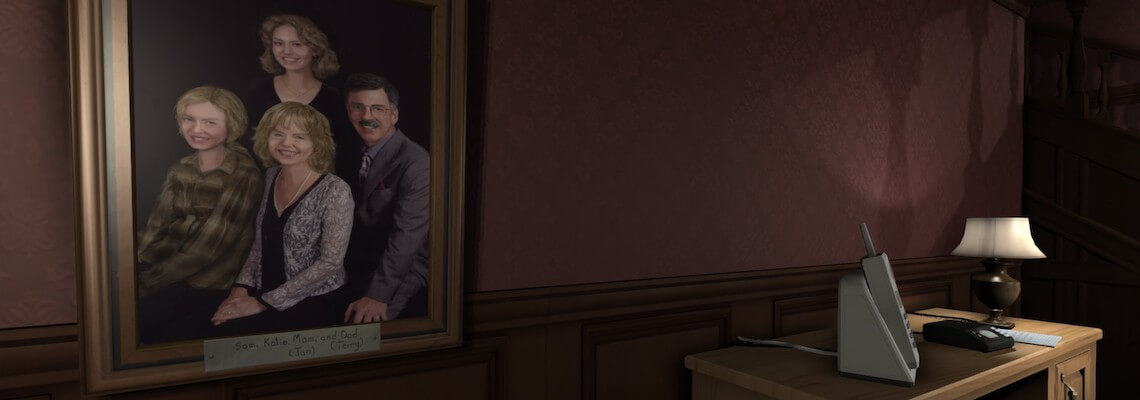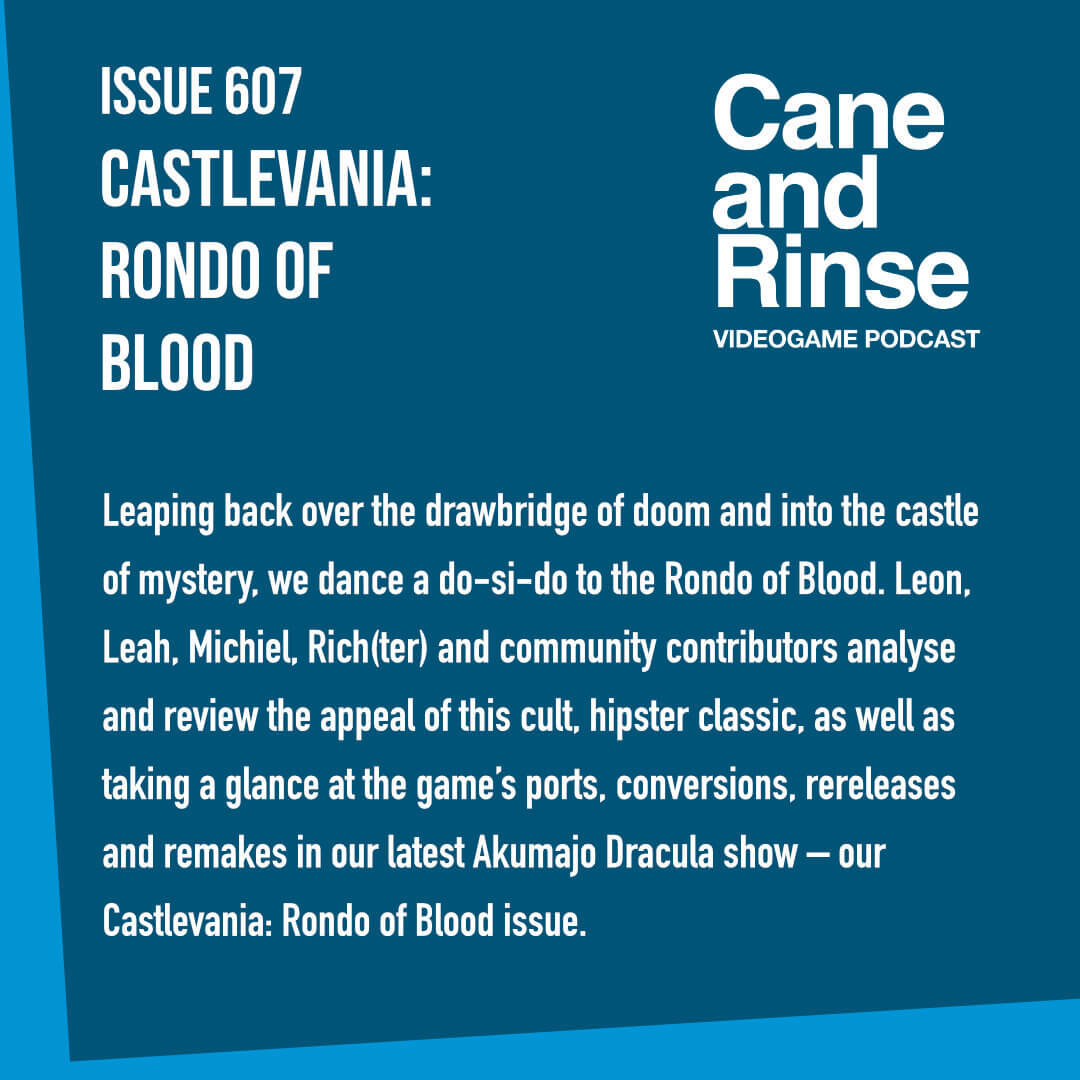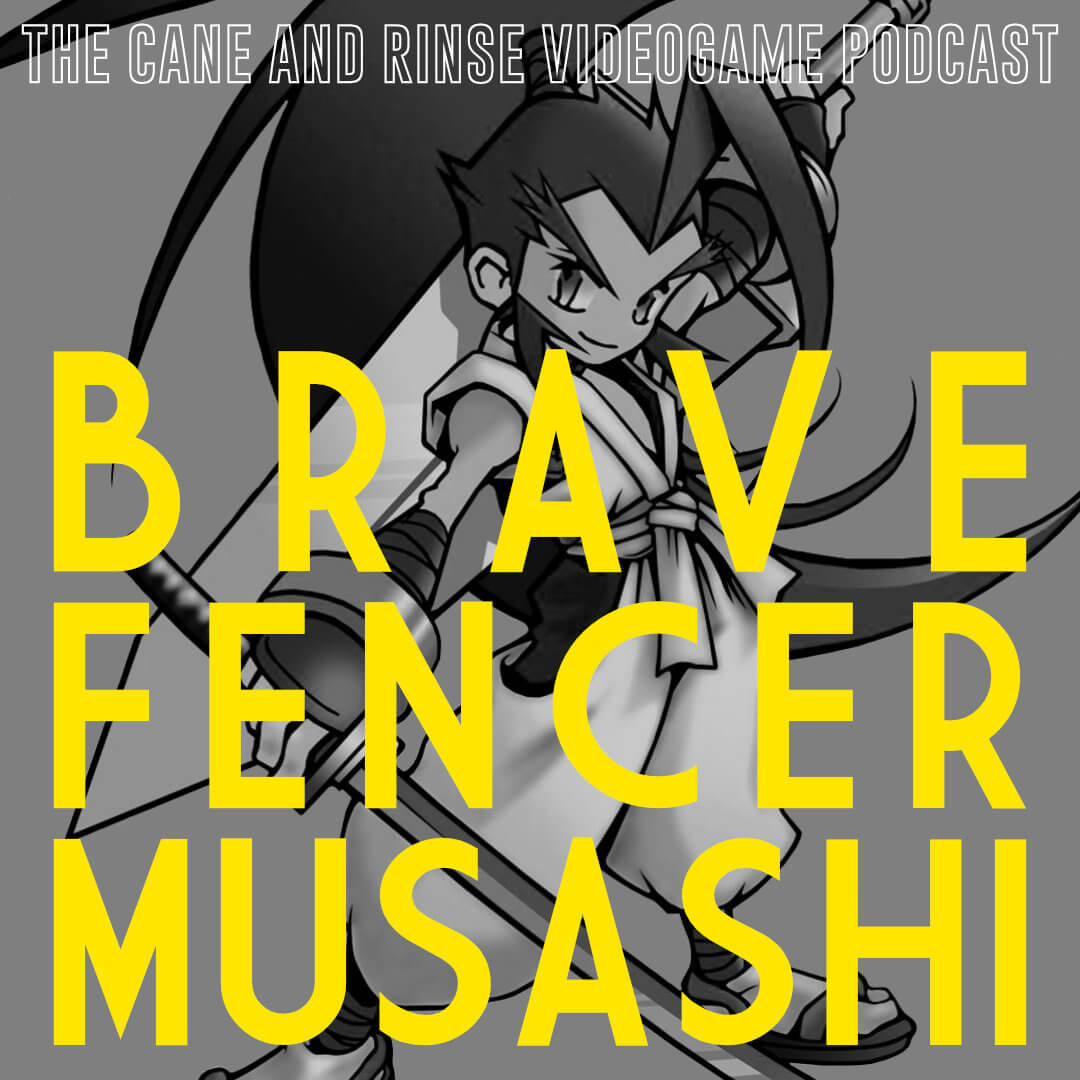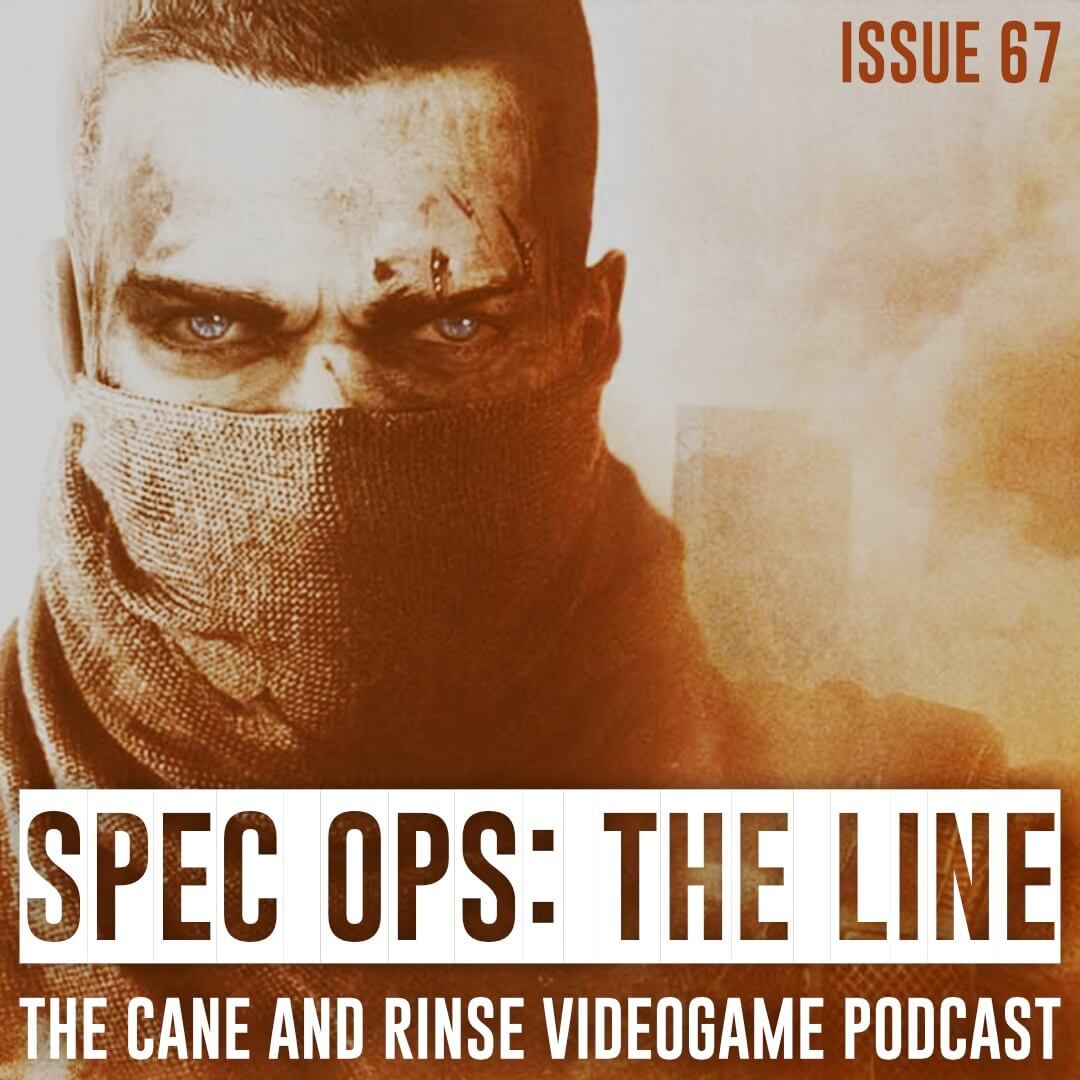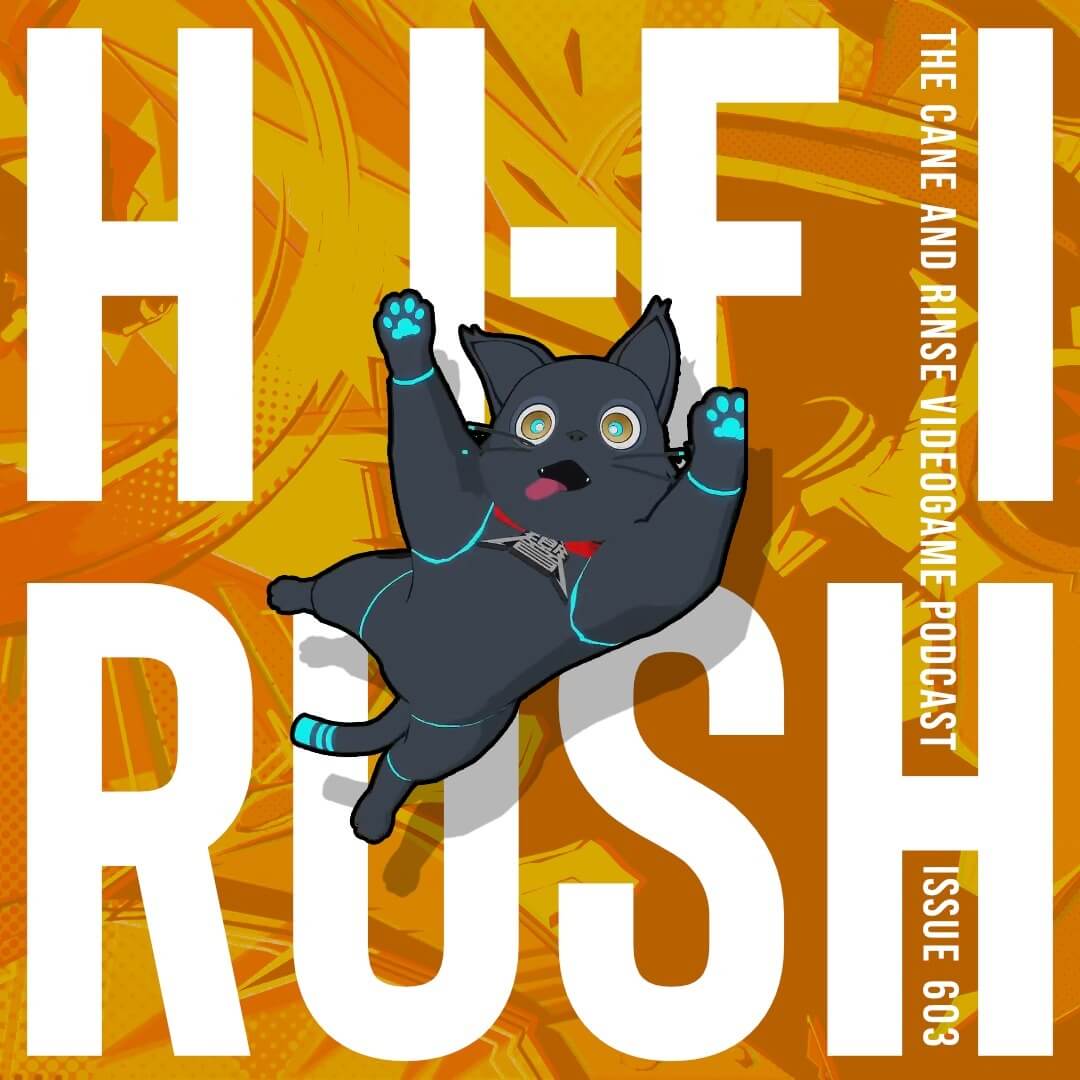It was just like it was in Gone Home.
I’d spent my first year away from home, at university. I had changed, and my family had changed in my absence. Returning, I felt like a stranger learning anew how to fit into family life in an unfamiliar home. It was a scary proposition.
Piecing together the new lives of my parents and siblings was a slow process. There was so much to learn amidst the telling signs of fraught relationships, accentuated by teenage anxieties in constant friction with midlife crises.
It was just like it was in Gone Home.
My parents were now my peers, or at least a little closer to that. I could see their strengths and frailties through adult eyes, and start to see them as people, imperfect and complex.
The parents of my childhood were always a unit, but upon my return I saw them as individuals more than ever. I noticed the compromises that they made for us, and for each other. I could see the toll that years of hard work and years of raising kids had taken on them.
It was just like it was in Gone Home.
As much as I was different from my brother, as much as I disliked his musical touchstones of the time, I remember experiencing a nostalgia-fuelled delight at hearing again the defining pillars of 90s songstresses and pop-friendly RnB flowing out of his room. Submerging myself back into the lives of my family meant embracing our differences along with our similarities.
I discovered my younger brother’s emotional growing pains as he wrestled with his place in the world and his sexuality. Not only was his self-image in flux, but his identity amongst his friends was also in pained change. Once-close friends were now distant, as their perception of him shifted. I felt outrage and sadness to see the toll it took on him.
As my parents learned my brother was gay, I felt the pangs of being desperate to protect my family (even from itself) and to be a bridge between generations. I knew my parents would be supportive and kind, but I also knew that a lot had changed, as I had, in the past year.
It was just like it was in Gone Home.
I felt an incredible urge to take responsibility for this transitional period in my family’s lives. Fearfully, but assuredly, I wanted to take on the mantle of adulthood and become the supportive eldest child.
But I didn’t.
Instead, I hid from the responsibility. If I was being generous, I could say that I allowed my parents and my brother space as they discovered new truths about one-another and themselves. I listened, particularly to my parents… that I will give myself some credit for.
I like to think I was there for my brother; that if he’d wanted to talk he knew I would have listened. But I wish I’d been more actively supportive. It is to my shame that the best I could manage as I drove my brother, fresh from coming out to my parents, to… wherever he was going at the time, was a paltry “Mum and Dad just need some time.”
It was nothing like it was in Gone Home.
I returned from university having visited home several times during the first year. I returned to the same house I’d lived in for the previous 13 years. My family weren’t that different. I felt a little different, but my parents were the same as ever. Any change in my view of them was a slow and steady process throughout my childhood, adolescence and beyond.
The frictions of my family’s life were the same after I’d left home as before; the same arguments any parents have with teenage children. The same arguments teenagers have with one another, and the same love-hate sibling relationships born from being compressed together through the growing pains of youth.
It was nothing like it was in Gone Home.
If I’m honest, I can’t remember when my parents found out that my brother was gay. It may have been at the end of my first year away from home, it may have been earlier… or later. I just don’t remember.
I remember how protective I felt, how scared, but the details are lost to me. I imagine my brother can recall every moment, every word, every look to a great fidelity, but, as a second-hand participant, the drama of real life is somewhat less romantic than the drama of fiction.
It was nothing like it was in Gone Home.
Sometimes, works of fiction speak directly to the audience. My favourite books are those that feel like the author has written directly, personally to me. I see myself in the characters and them in me. Sometimes it is dangerously easy to conflate the aspects of a story that are familiar with those that aren’t in order to make the whole more relatable.
As I played Gone Home, there were more than a few familiarities. Characters, circumstances and emotions that were so very familiar, in fact, as to allow me to smooth over the differences. This allowed the game to speak to me in an incredibly powerful way. A dangerous way.
It became easy to parallel my outrage, my love for and my desire to protect my brother, with the way I felt as I wandered the Greenbriar house, as Kaitlin. I chose to see my brother in Sam; his strength, his passion. I realise that to think that my presence would have helped is a ridiculous vanity that simply illustrates how much more I needed it than he did.
It was nothing like it was in Gone Home.
The Fullbright Company created an aphrodisiac that almost convinced me that their fiction was a facsimile of my own past. It almost had me thinking I’d been the supportive and responsible eldest child that I wanted to be. Almost.
The above, though written as a stream of consciousness, has actually taken me months, no years of mulling over the past to realise. Thankfully, the affinity I have for Gone Home’s narrative awoke these memories in such a way as to remind me of who I aspired to be. Over time, it allowed me to gently come to the realisation that I wasn’t the supportive and responsible older brother that I remembered… that I should have been. Perhaps it can spur me on to be.
It was somewhat like it was in Gone Home.
Please note: I was inspired to write this after listening to the Cane and Rinse podcast Volume Six, Issue 263. Hopefully, you can understand that I do not wish to lay my own frailties upon the already overburdened shoulders of my family. As such, the editors at Cane and Rinse have kindly agreed to post this article anonymously.

